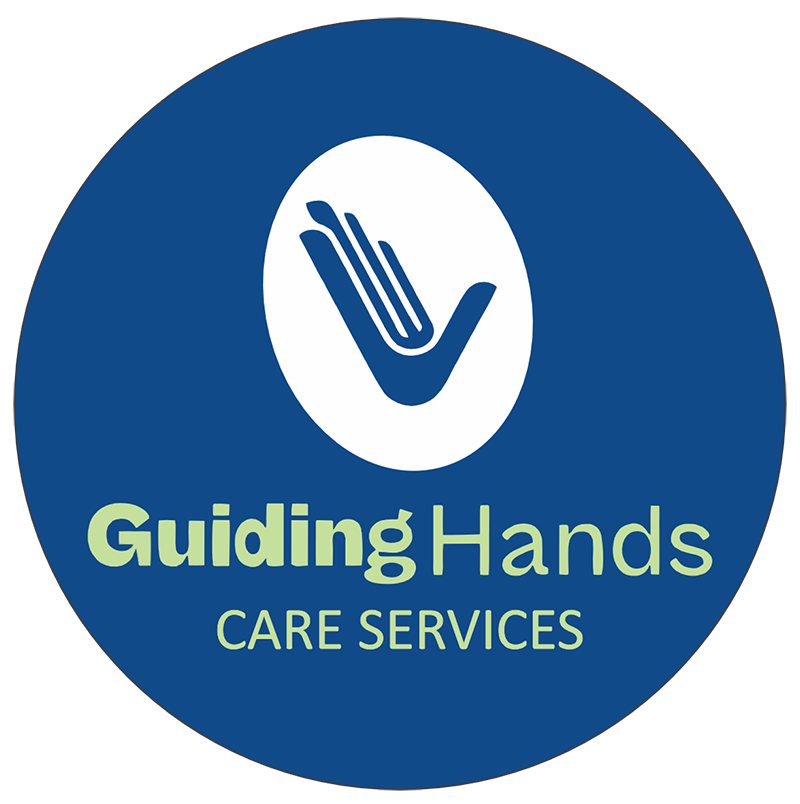– Dressing: Helping individuals choose appropriate clothing and assisting with dressing and undressing.
– Grooming: Assisting with personal grooming tasks such as shaving, combing hair, and skincare.
– Toileting: Providing support with toileting needs, including using the toilet, changing incontinence products, and maintaining hygiene.
– Eating and Nutrition: Assisting with meal preparation, feeding, and ensuring clients receive adequate nutrition and hydration.
– Mobility and Transfers: Helping individuals move safely within their home, including getting in and out of bed, chairs, and using mobility aids.
– Promoting Independence: Personal care aides support individuals in performing daily tasks, promoting a sense of independence and autonomy. By providing just the right amount of assistance, they help clients maintain control over their daily routines and decisions.
– Ensuring Safety: Personal care assistance reduces the risk of accidents and injuries, such as falls, that can occur when individuals attempt to perform tasks they find challenging. Care aides are trained to use proper techniques and equipment to ensure safety during personal care activities.
– Enhancing Quality of Life: Personal care aides provide companionship and emotional support, which can significantly enhance an individual’s quality of life. Regular interaction and assistance help reduce feelings of loneliness and isolation, promoting mental and emotional well-being.
– Supporting Family Caregivers: Personal care assistance provides respite for family caregivers, allowing them to take breaks and attend to their own needs. This support helps prevent caregiver burnout and ensures that family members can continue to provide care without becoming overwhelmed.
– Tailored Care: Personal care aides develop individualized care plans based on the unique needs and preferences of each client. This personalized approach ensures that clients receive the appropriate level of care and attention, enhancing their comfort and satisfaction.
– Individuals with Disabilities: People with physical or developmental disabilities who need support to manage daily activities.
– Post-Surgery Patients: Individuals recovering from surgery or medical procedures who require temporary assistance during their recovery period.
– Chronic Illness Patients: Those with chronic illnesses such as arthritis, Parkinson’s disease, or multiple sclerosis who need ongoing support to manage their condition.
– Patience and Flexibility: Personal care aides need to be patient and flexible, adapting to the varying needs and preferences of their clients.
– Attention to Detail: Ensuring safety and providing high-quality care requires attention to detail, especially when it comes to following care plans and managing medications.
– Good Communication Skills: Effective communication with clients, families, and healthcare providers is essential for coordinating care and addressing any concerns or changes in the client’s condition.
– Professional Training: Proper training and certification ensure that personal care aides have the skills and knowledge needed to provide safe and effective care.
In conclusion, personal care assistance is a crucial service that supports individuals in maintaining their health, independence, and quality of life. By providing essential help with daily activities, personal care aides play a key role in enhancing the well-being and comfort of those they care for, making a significant positive impact on their lives.
Understanding the Different Types of Home Care Services
Home care services encompass a wide range of support options designed to help seniors and individuals with disabilities maintain their independence and quality of life in the comfort of their own homes. Understanding the different types of home care services available...
Understanding Dementia Care at Home
Caring for a loved one with dementia can be challenging, but providing care at home can significantly enhance their quality of life. Home-based dementia care offers a familiar and comfortable environment, which is crucial for individuals with cognitive impairments....
Top Signs Your Elderly Parent Needs In-Home Care
As our parents age, it can be challenging to determine when they need additional support to maintain their safety and well-being. Recognizing the signs that your elderly parent may need in-home care can help you take the necessary steps to ensure they receive the...




